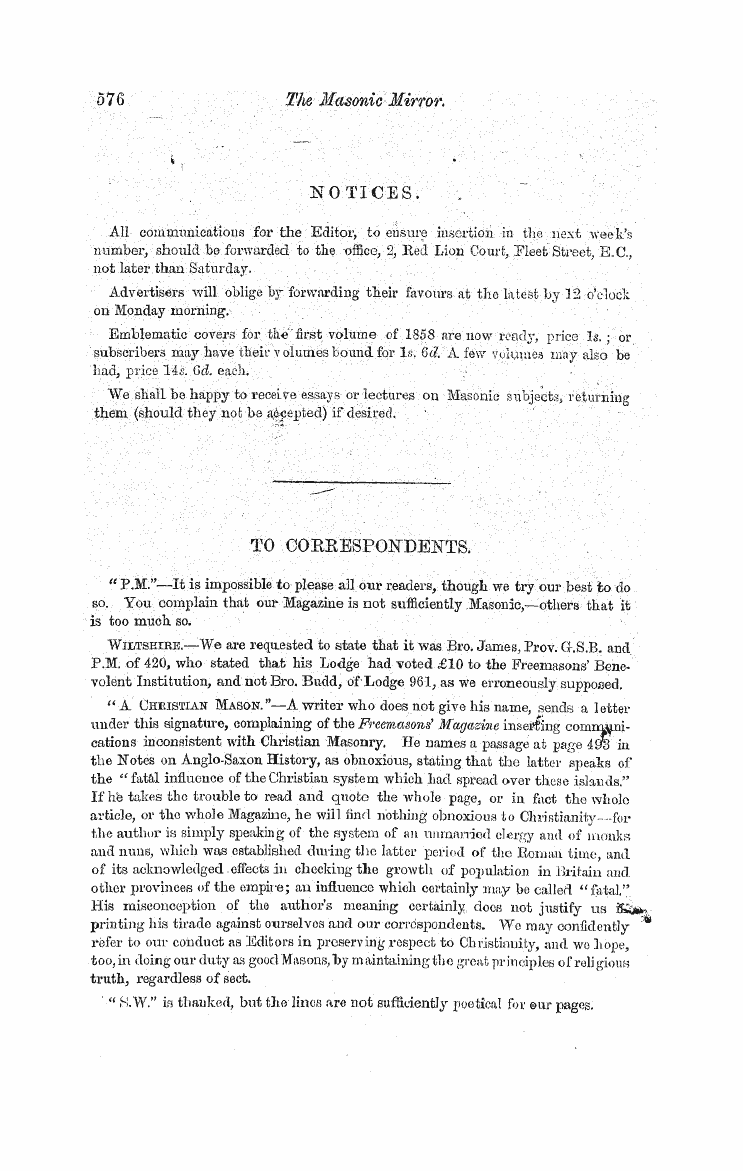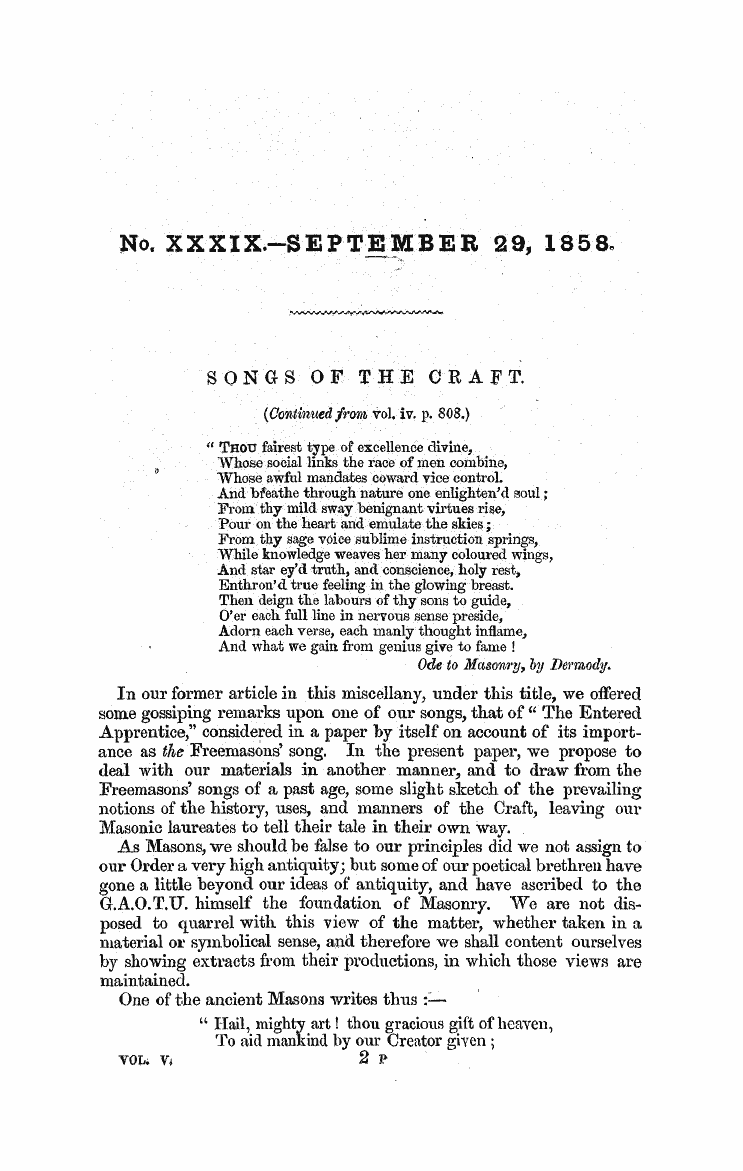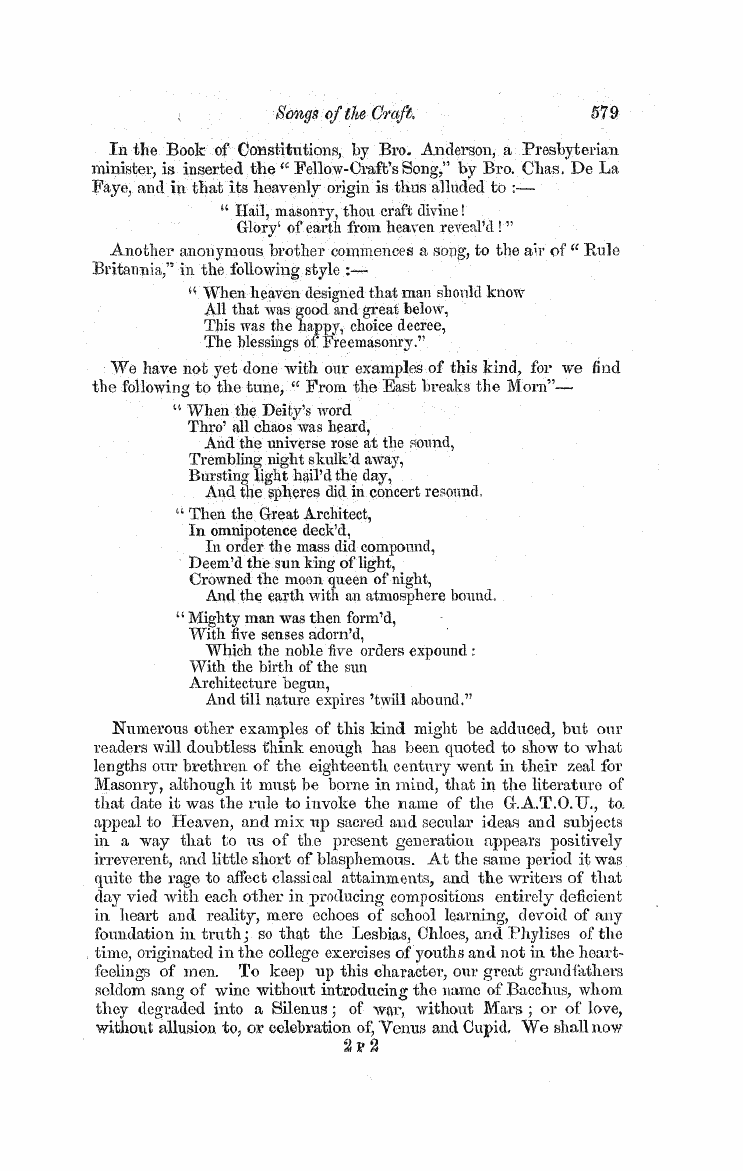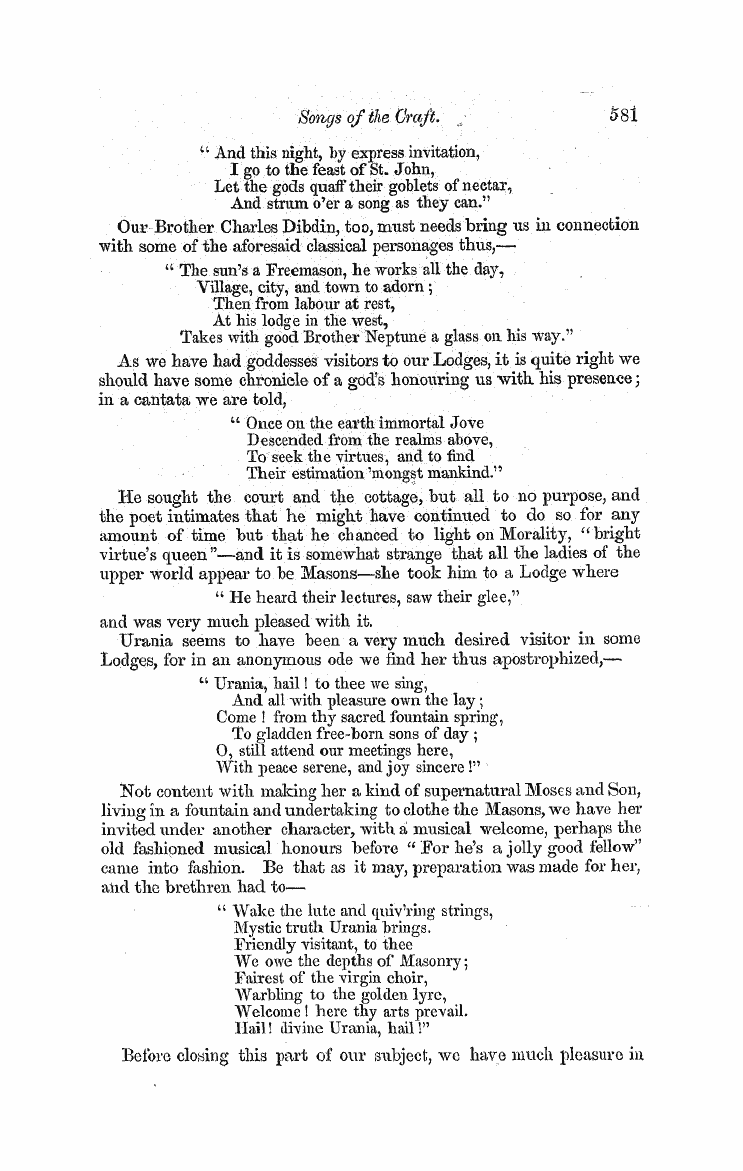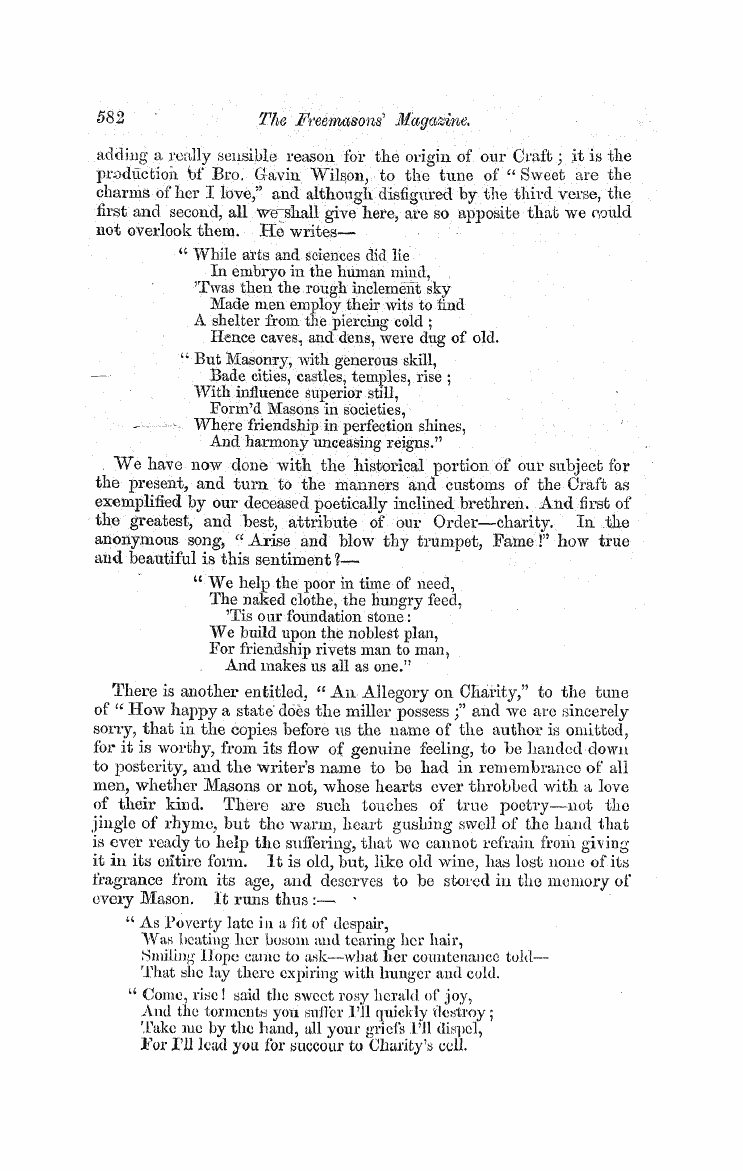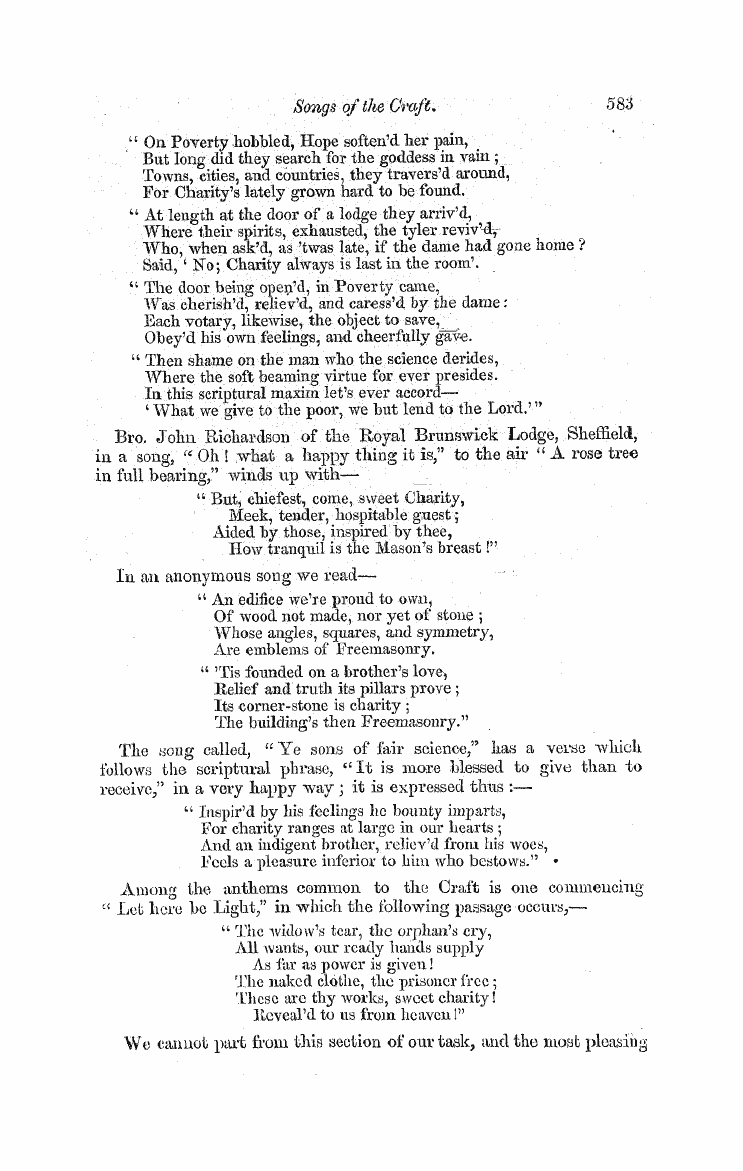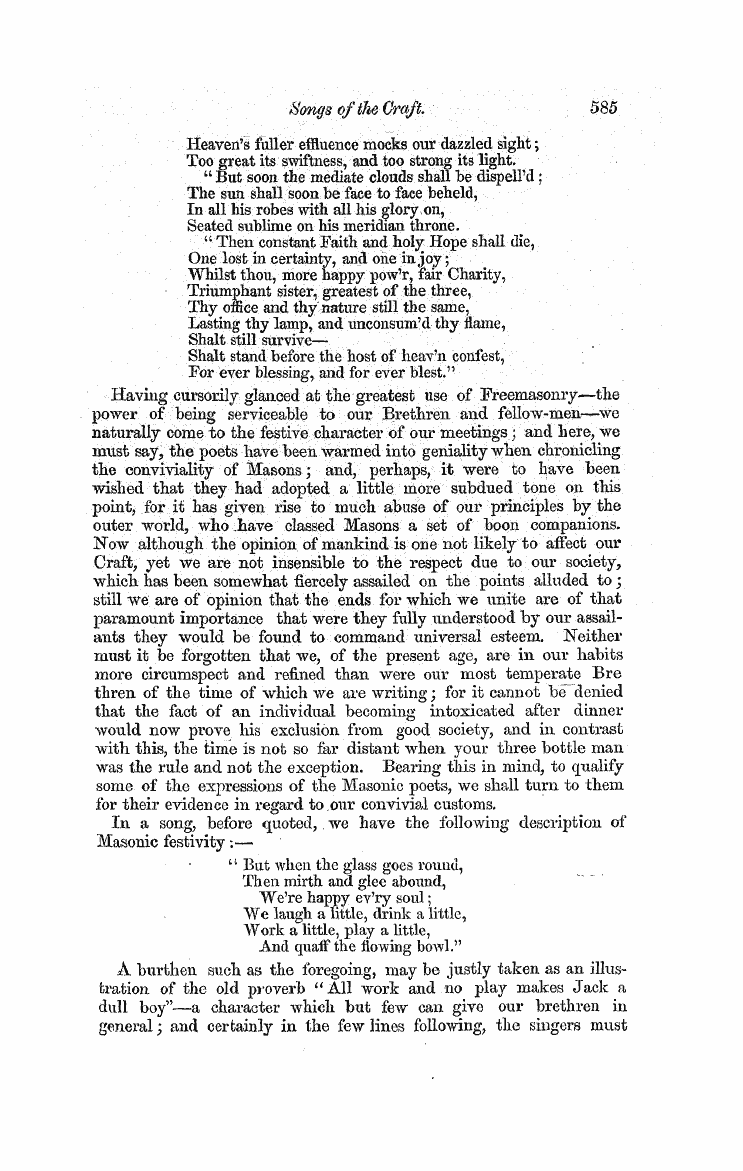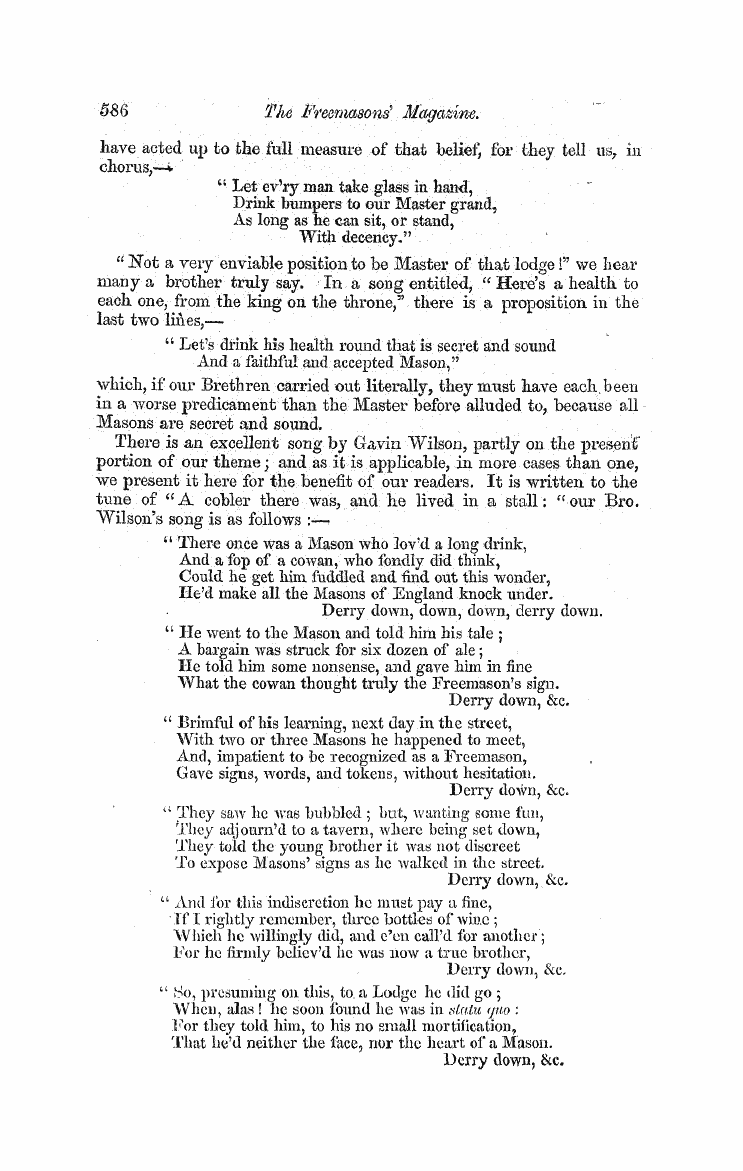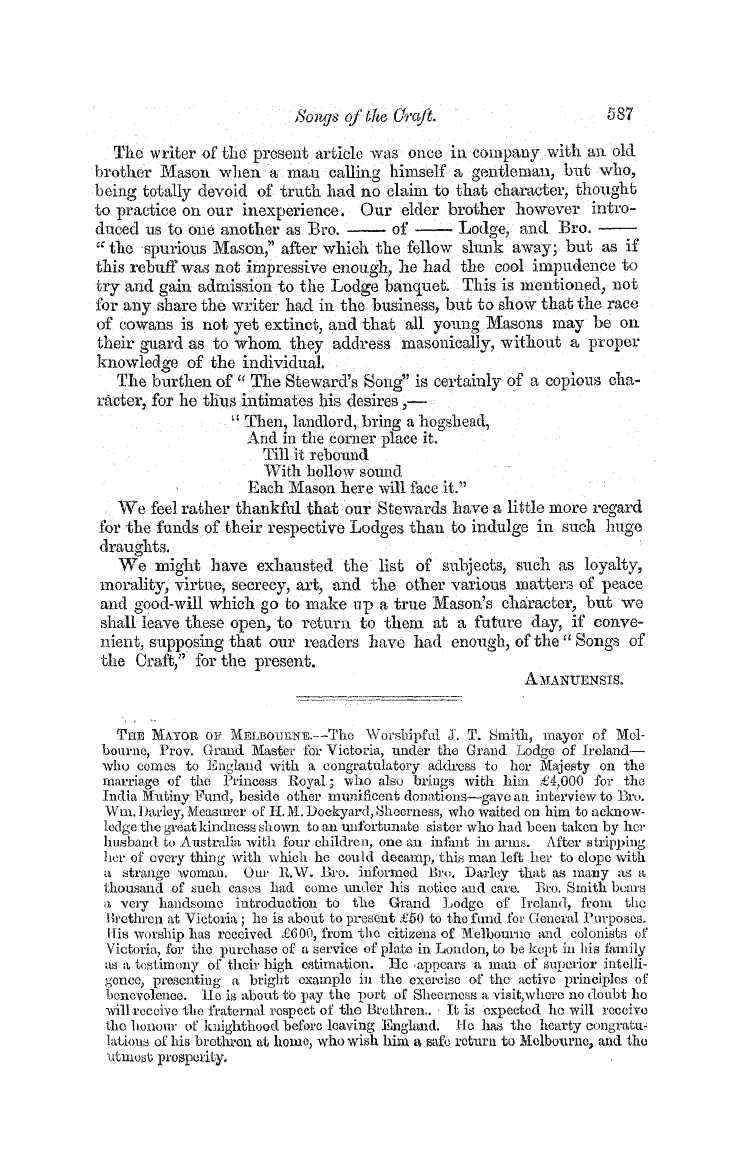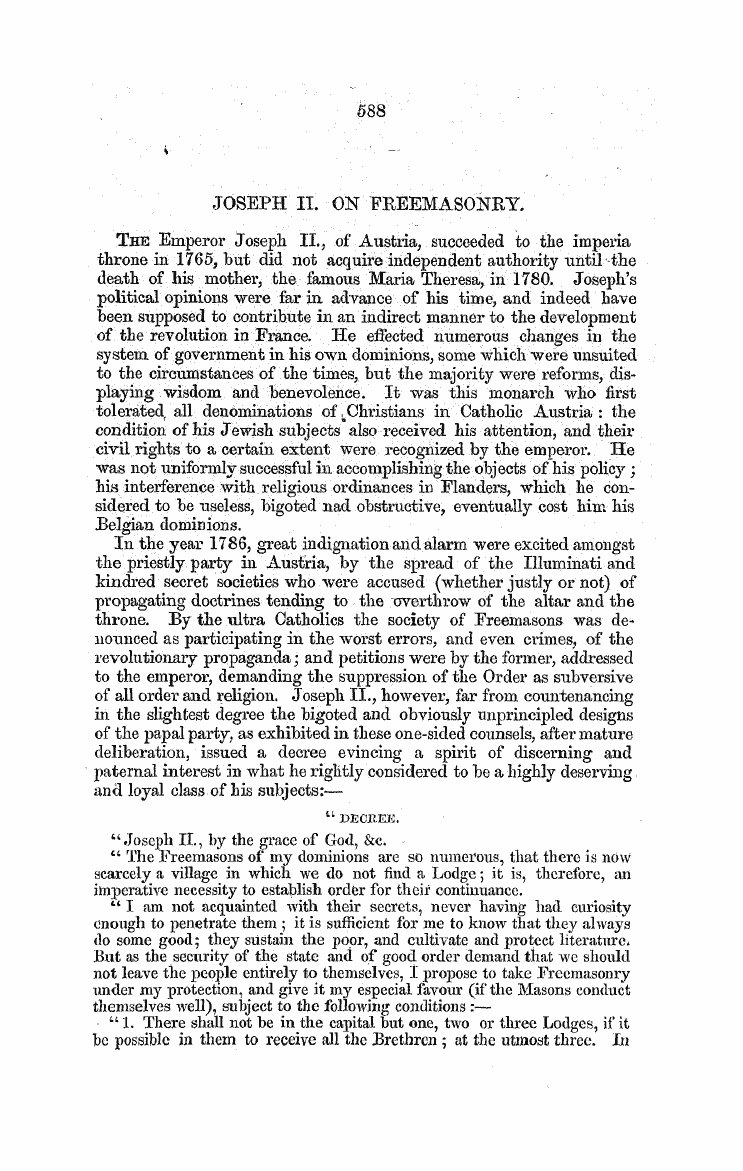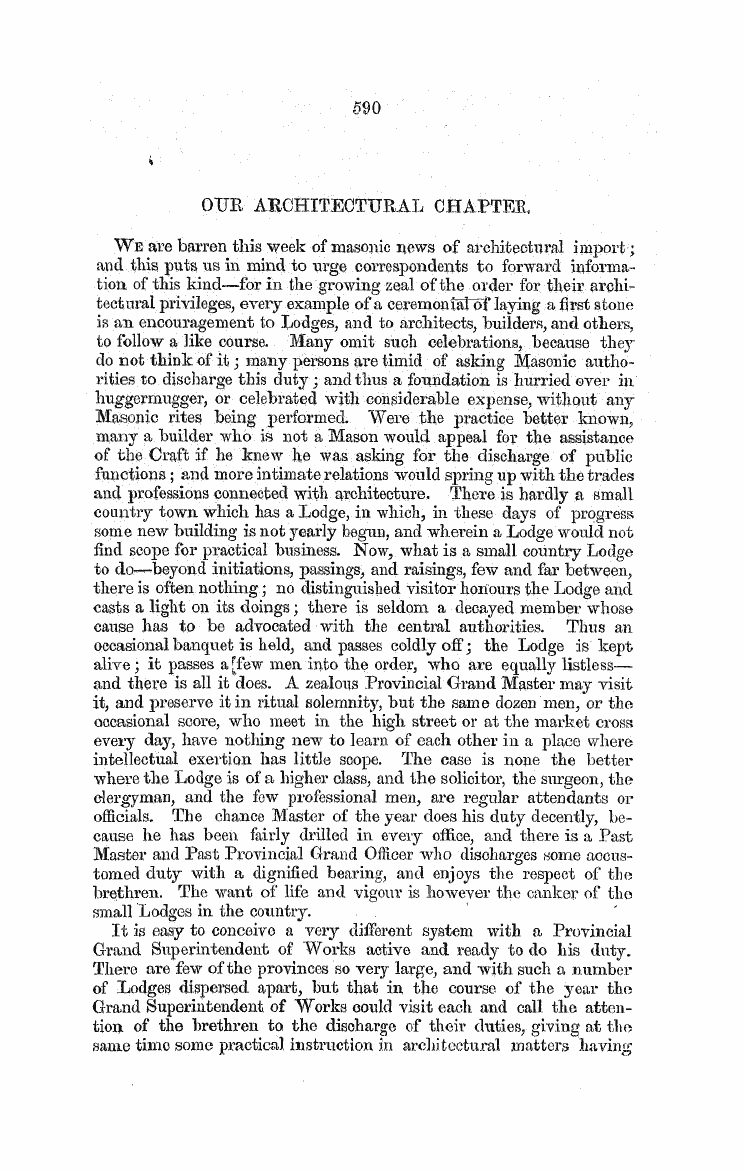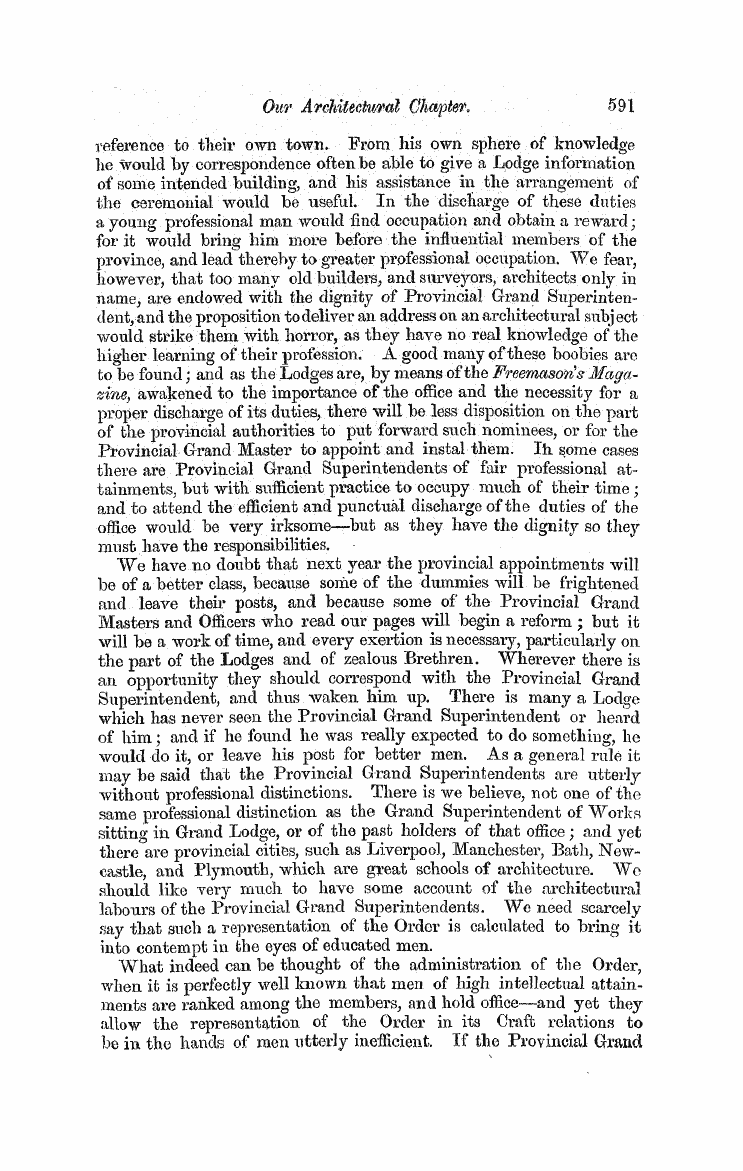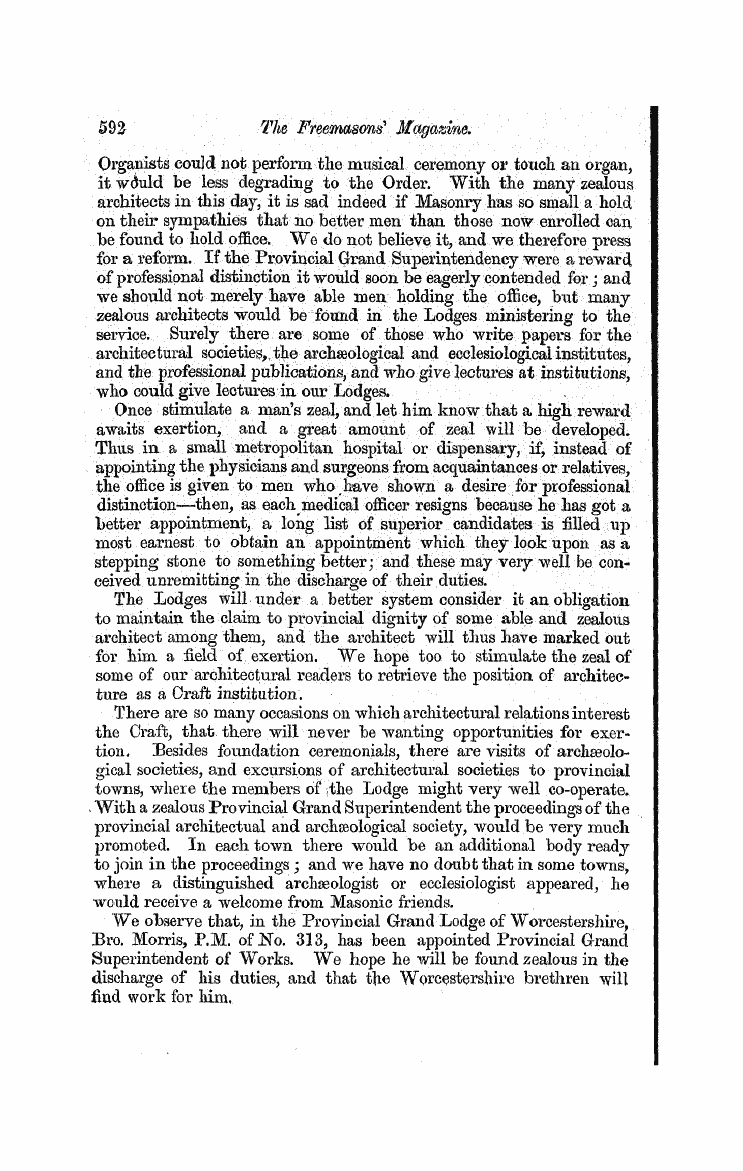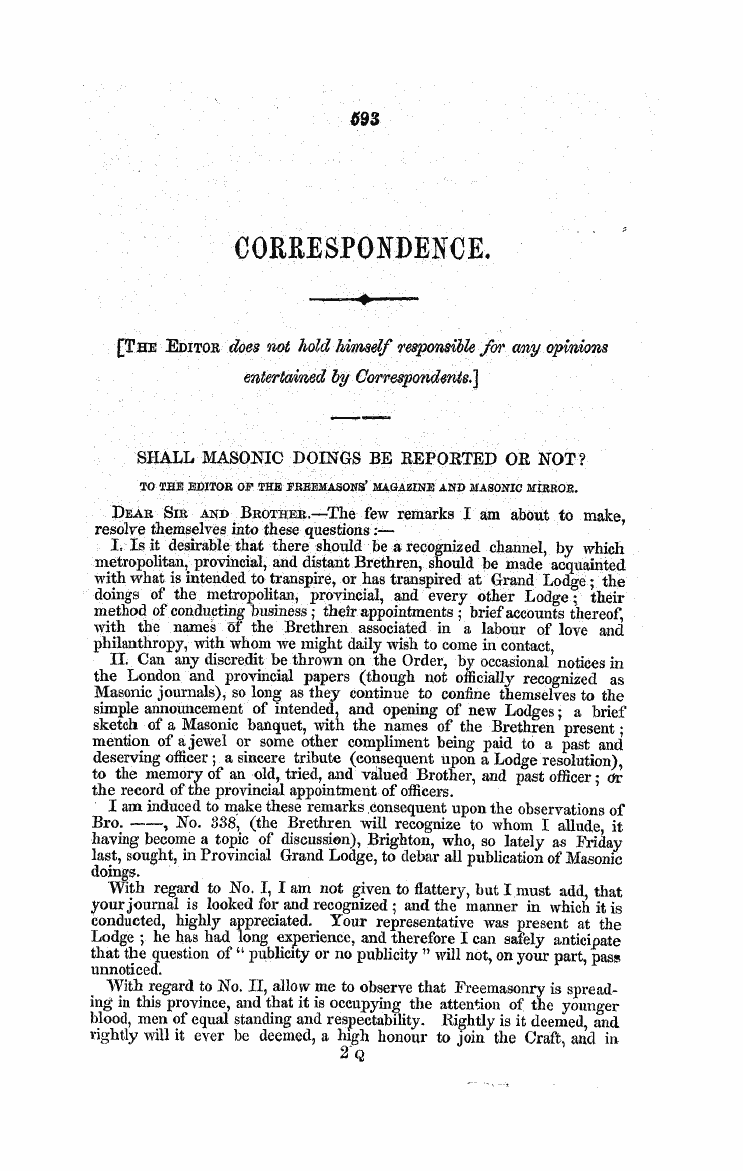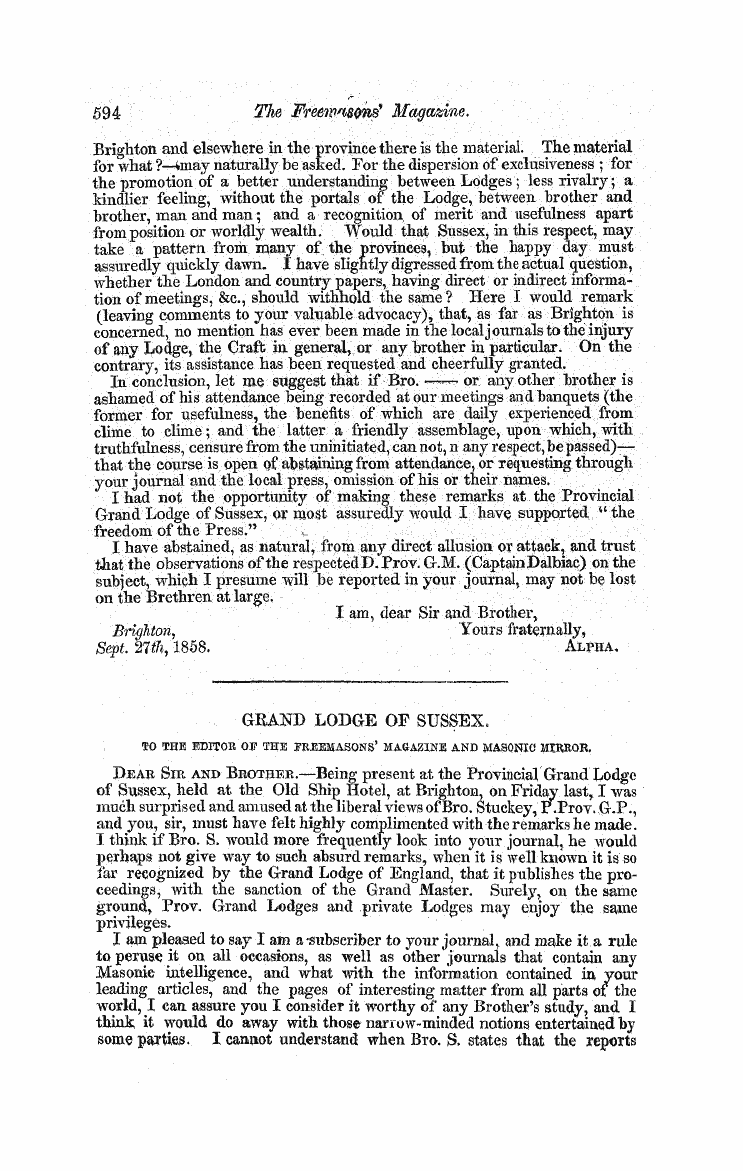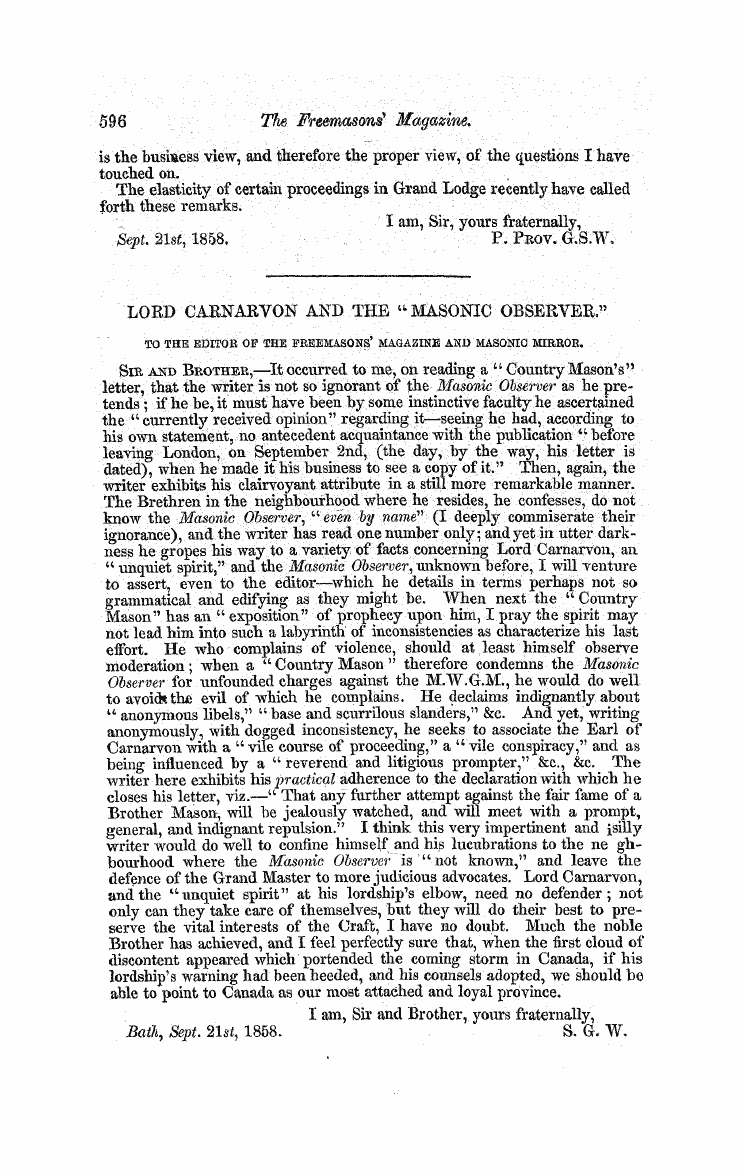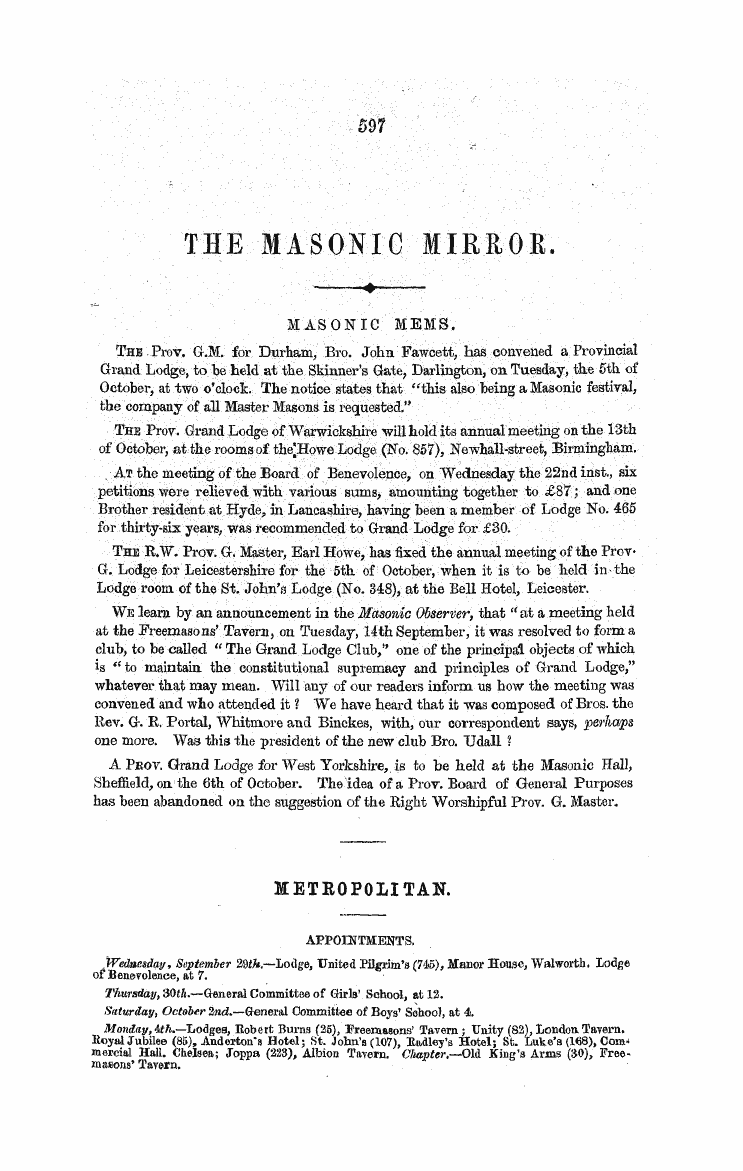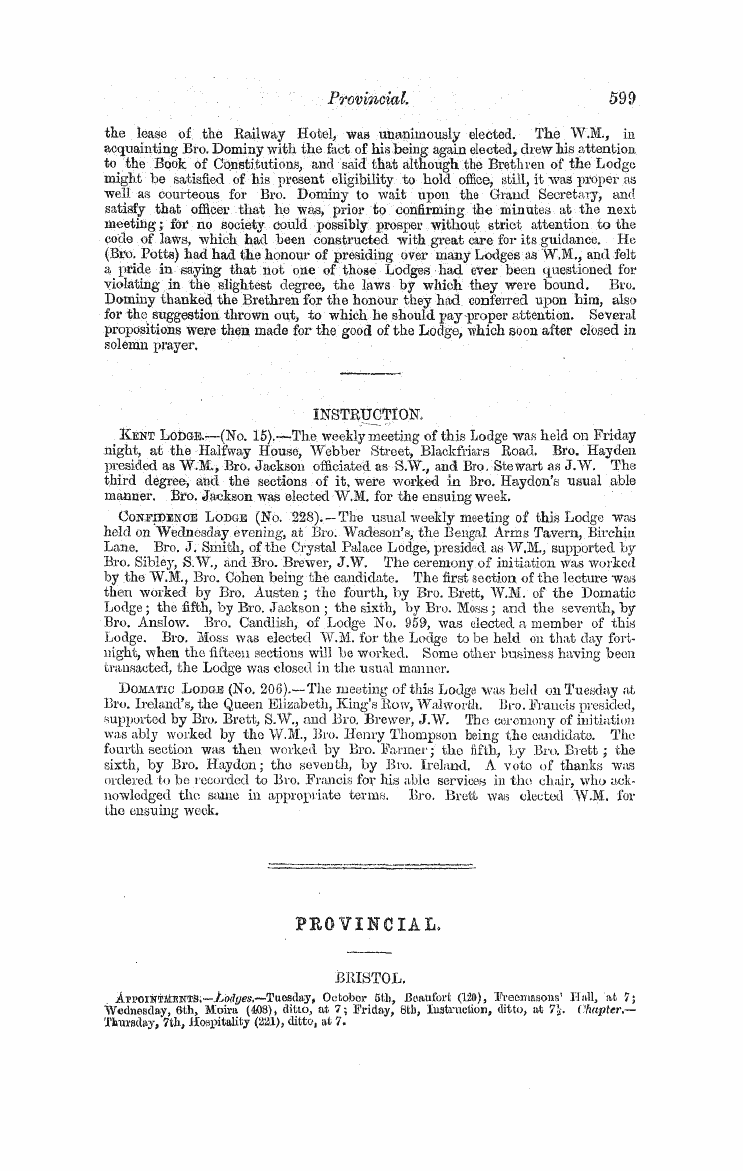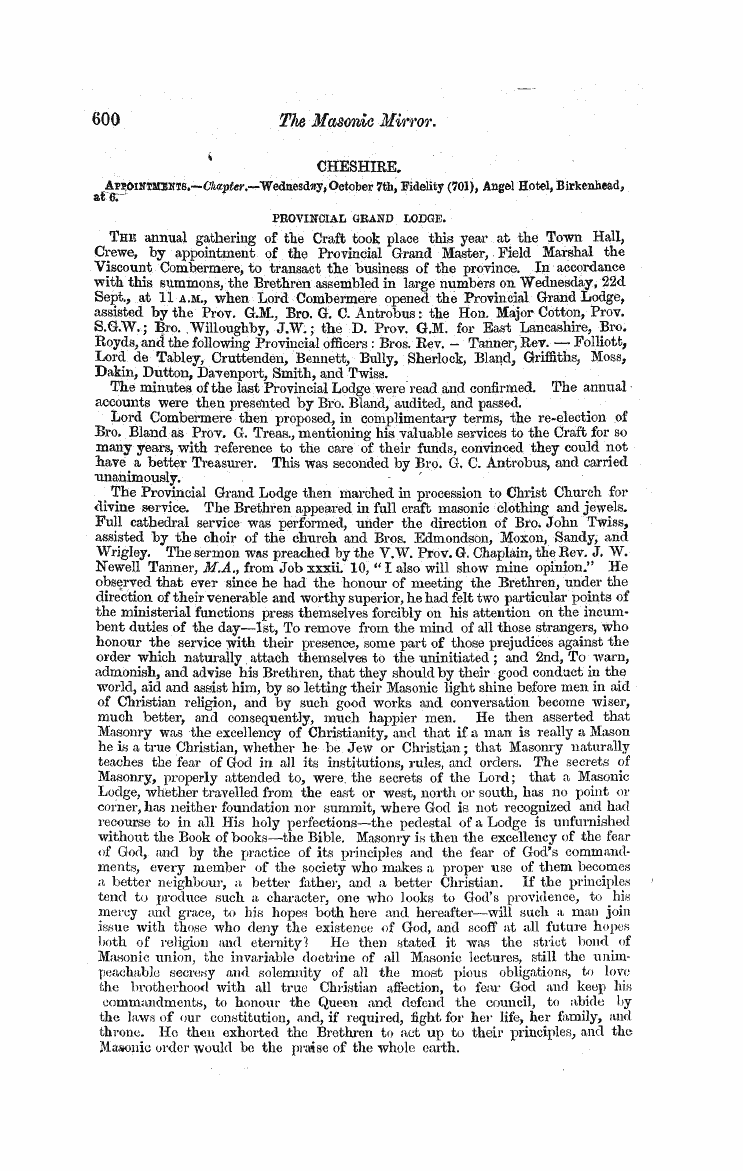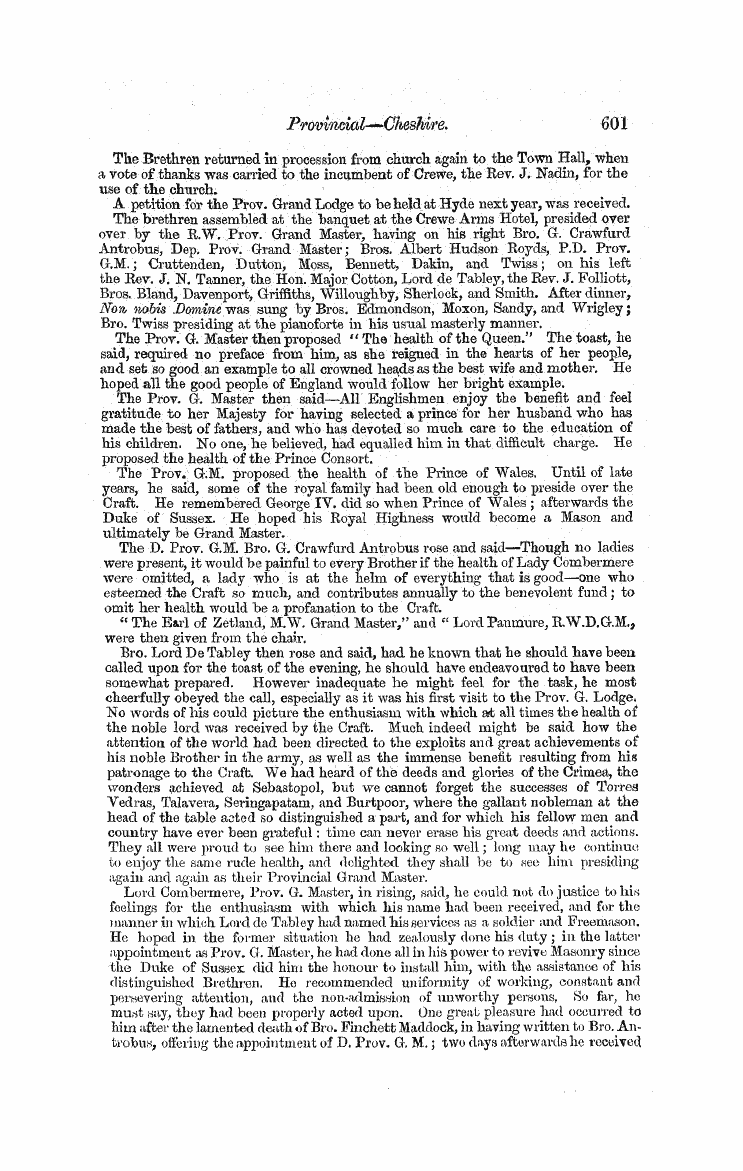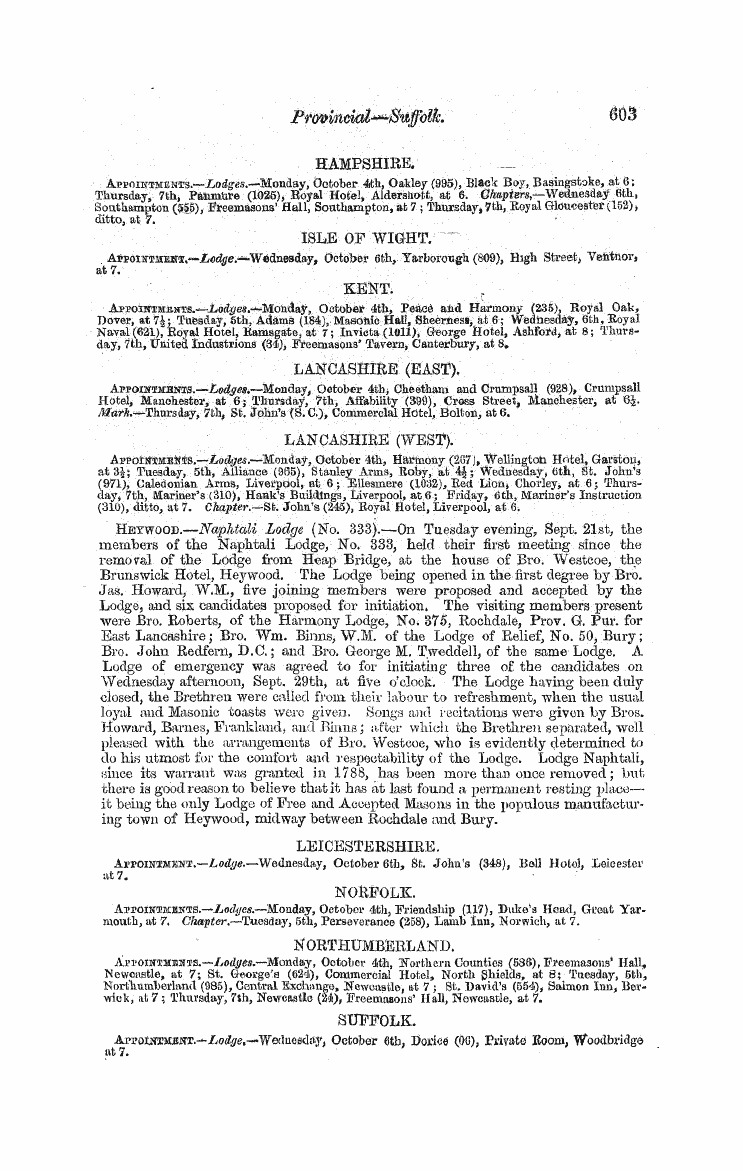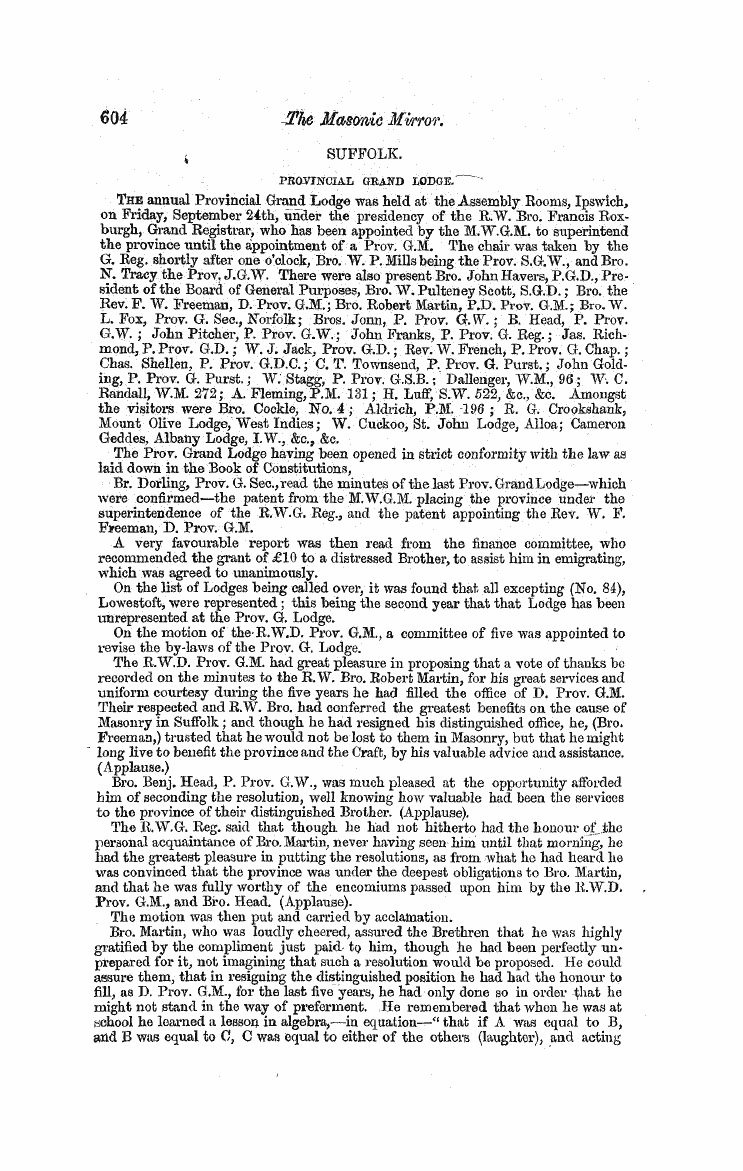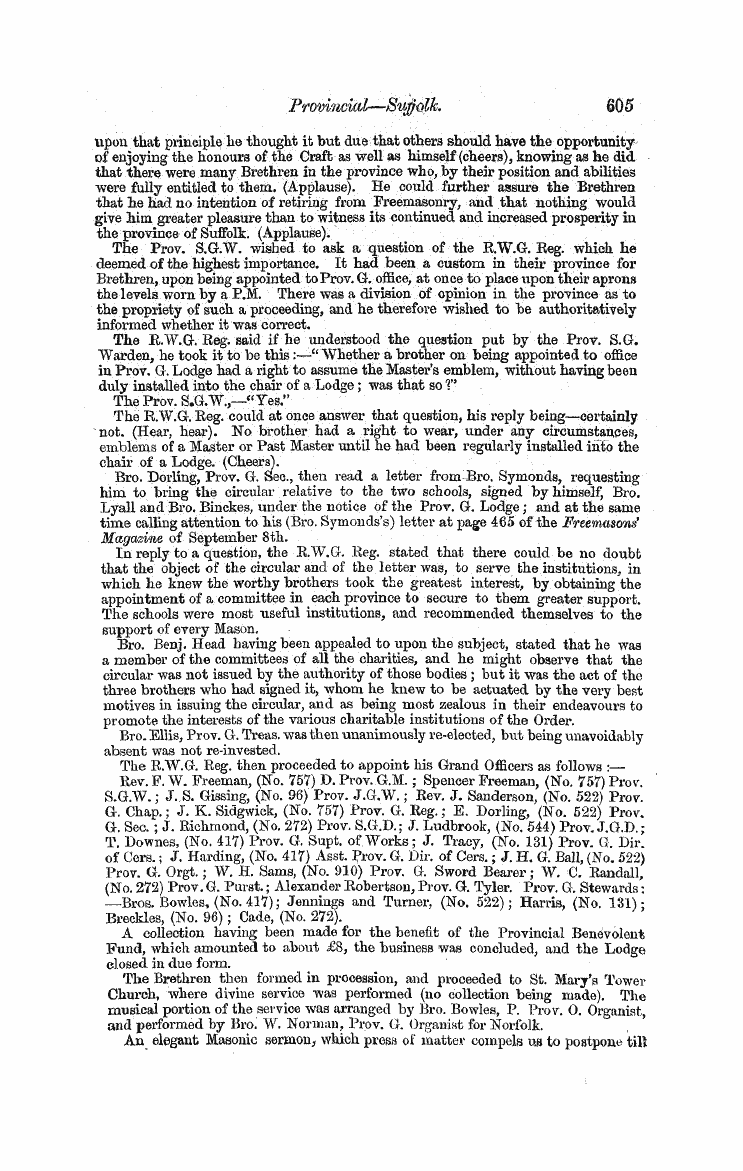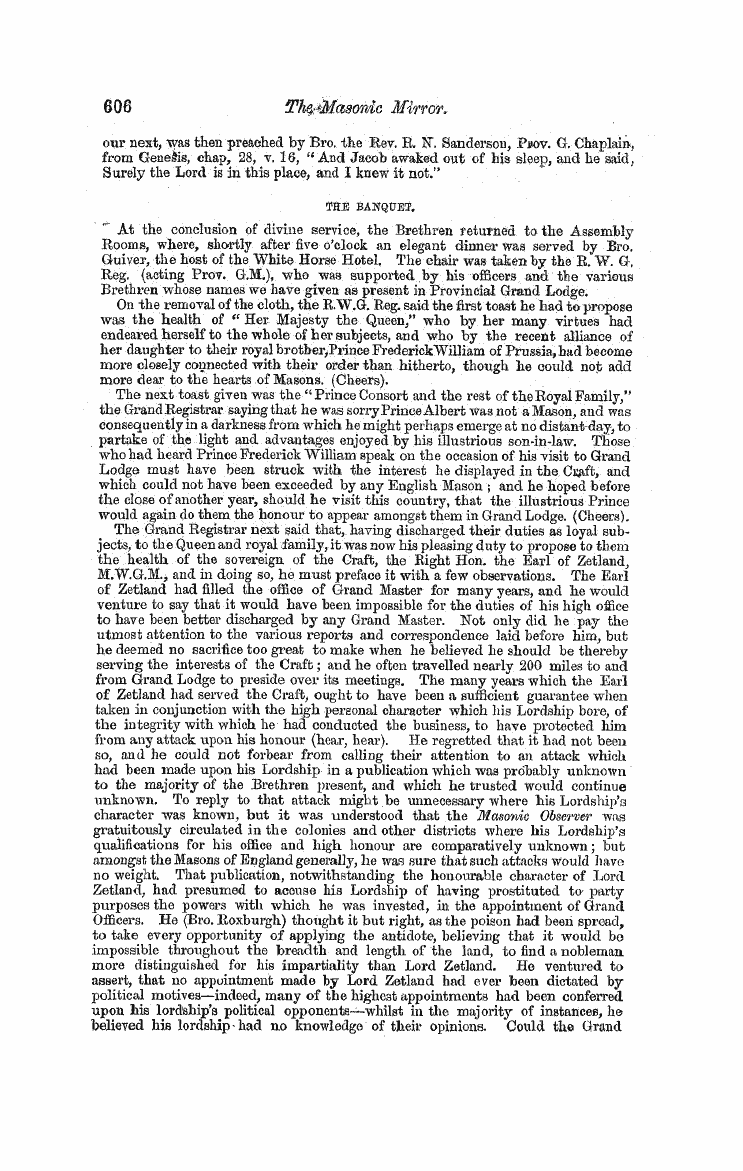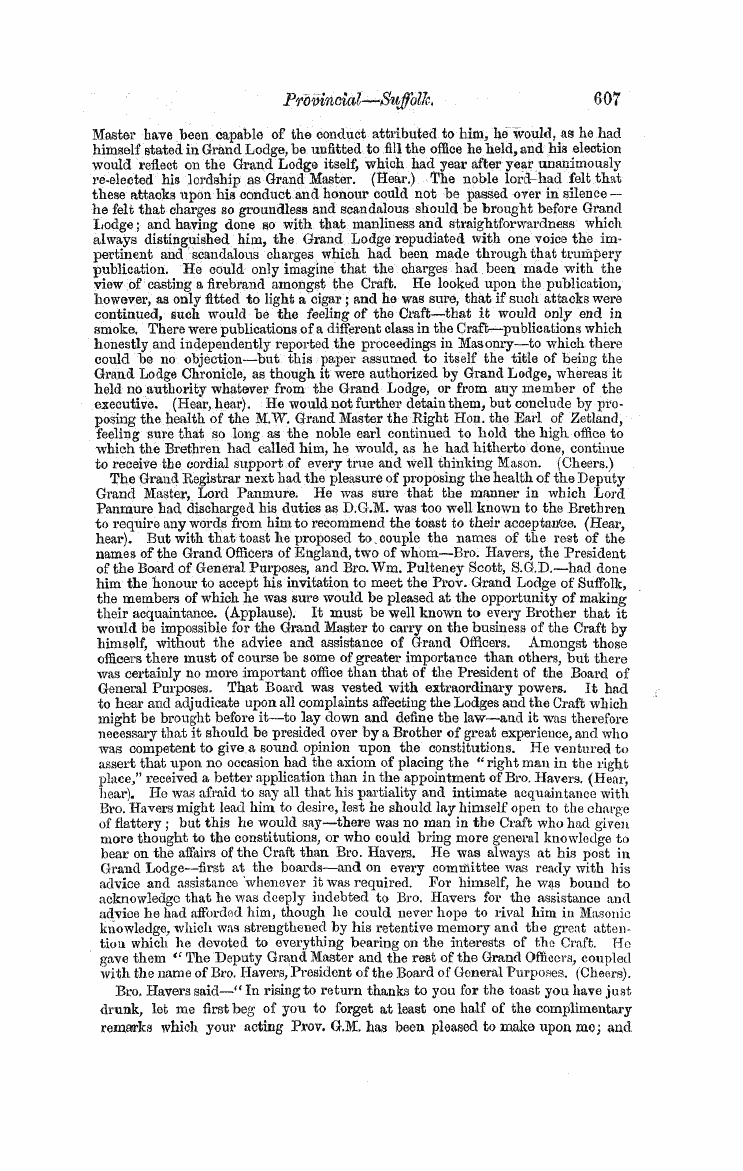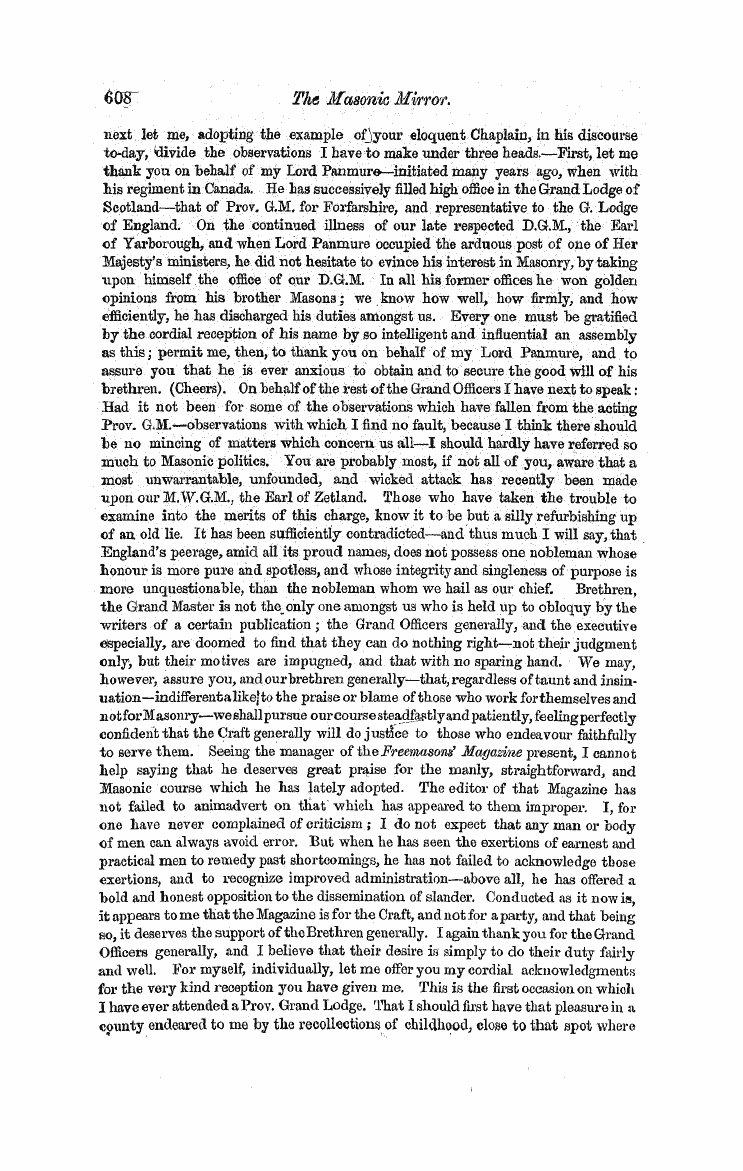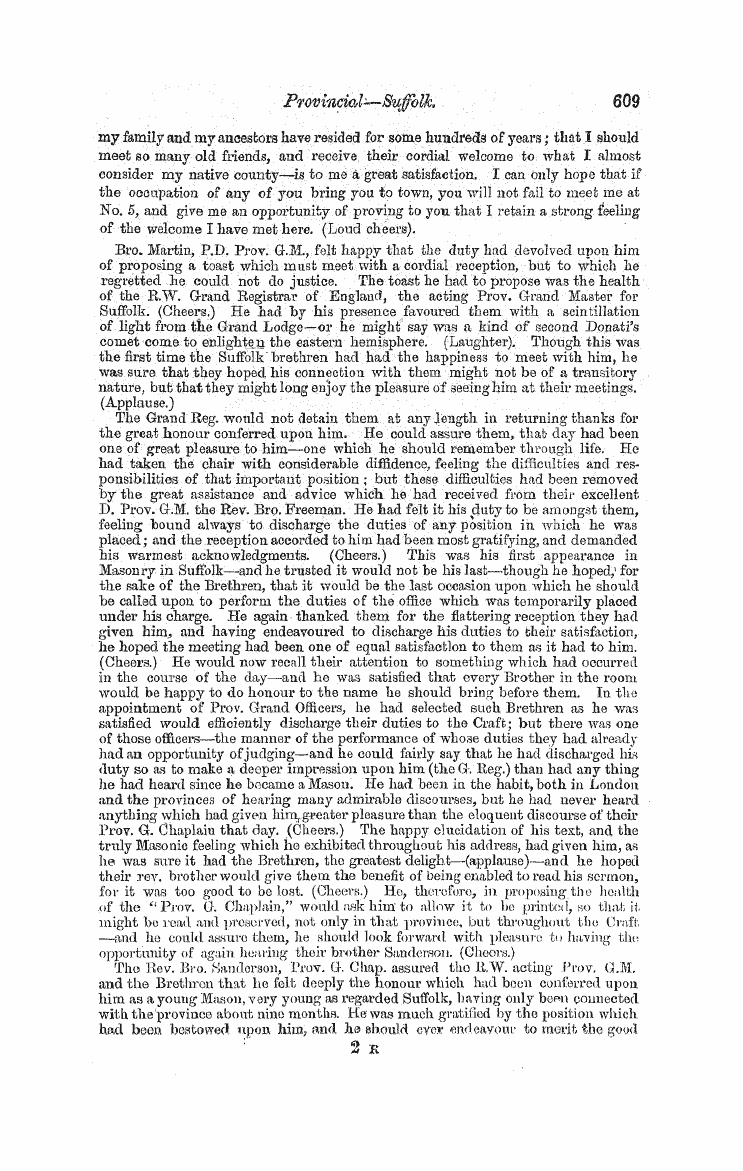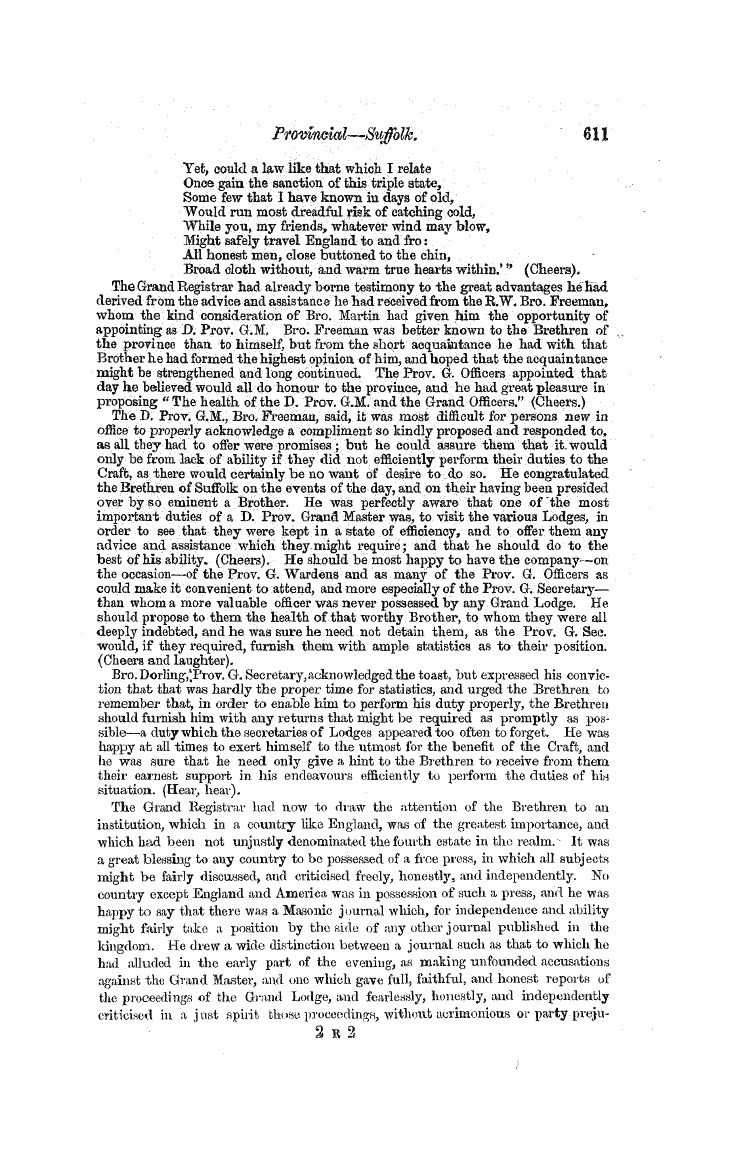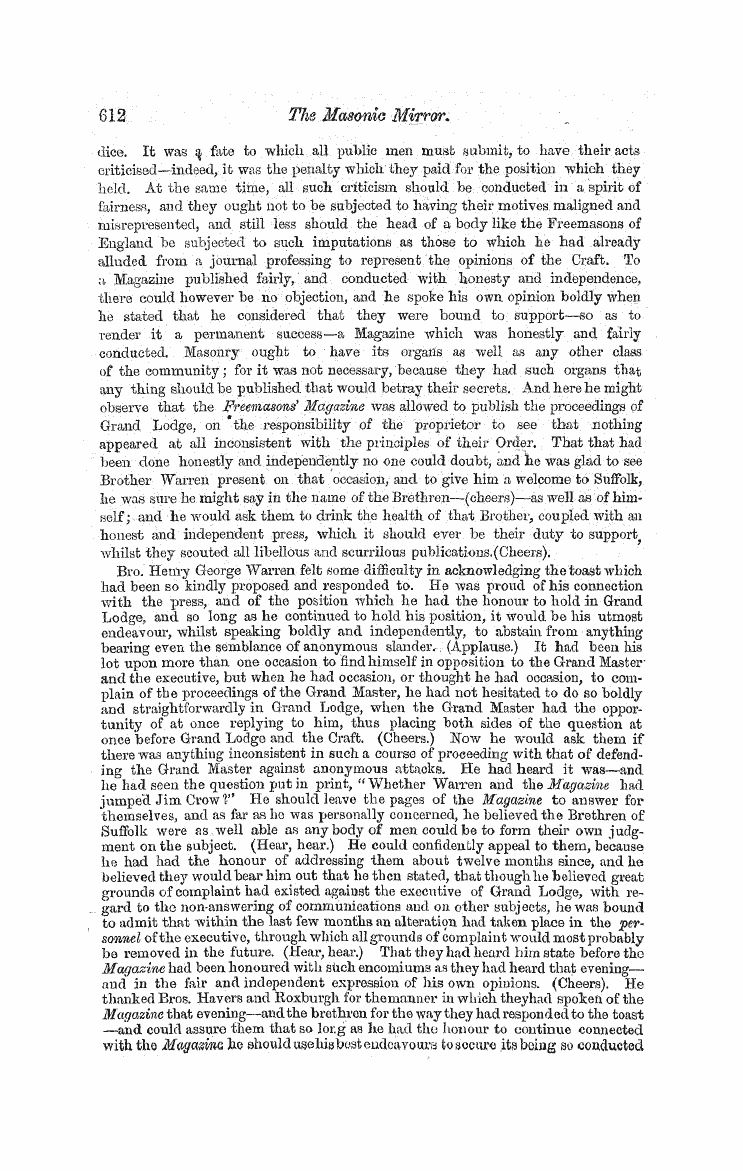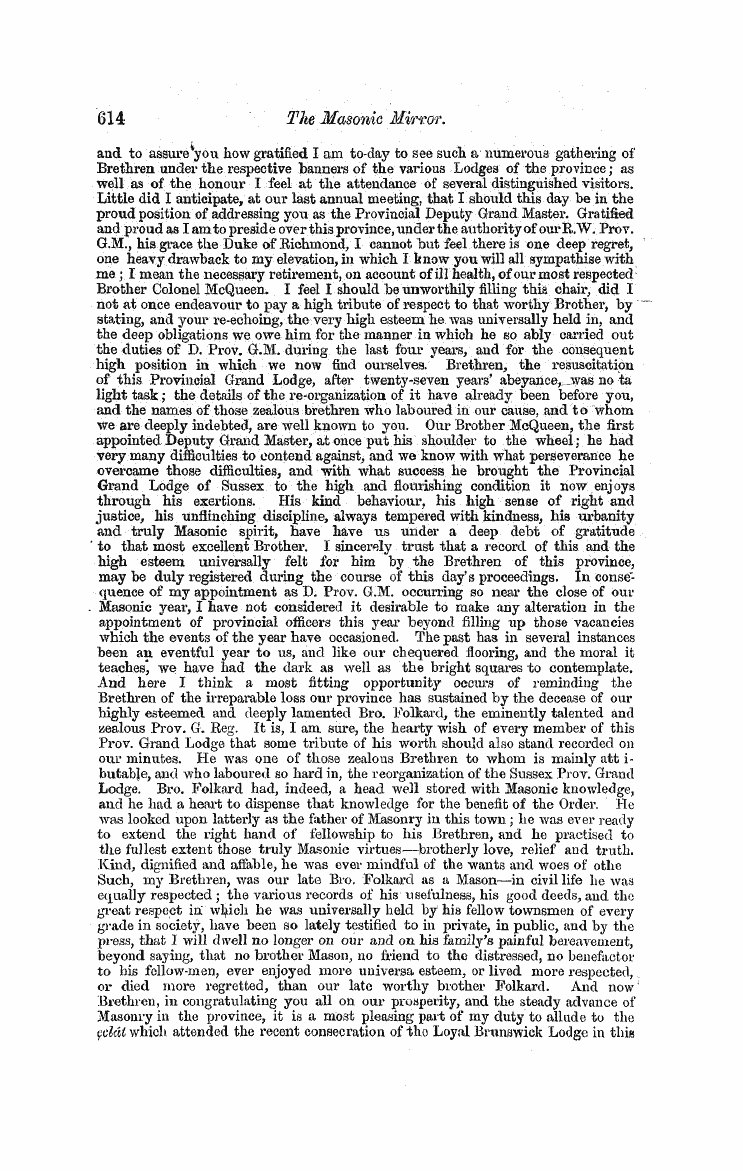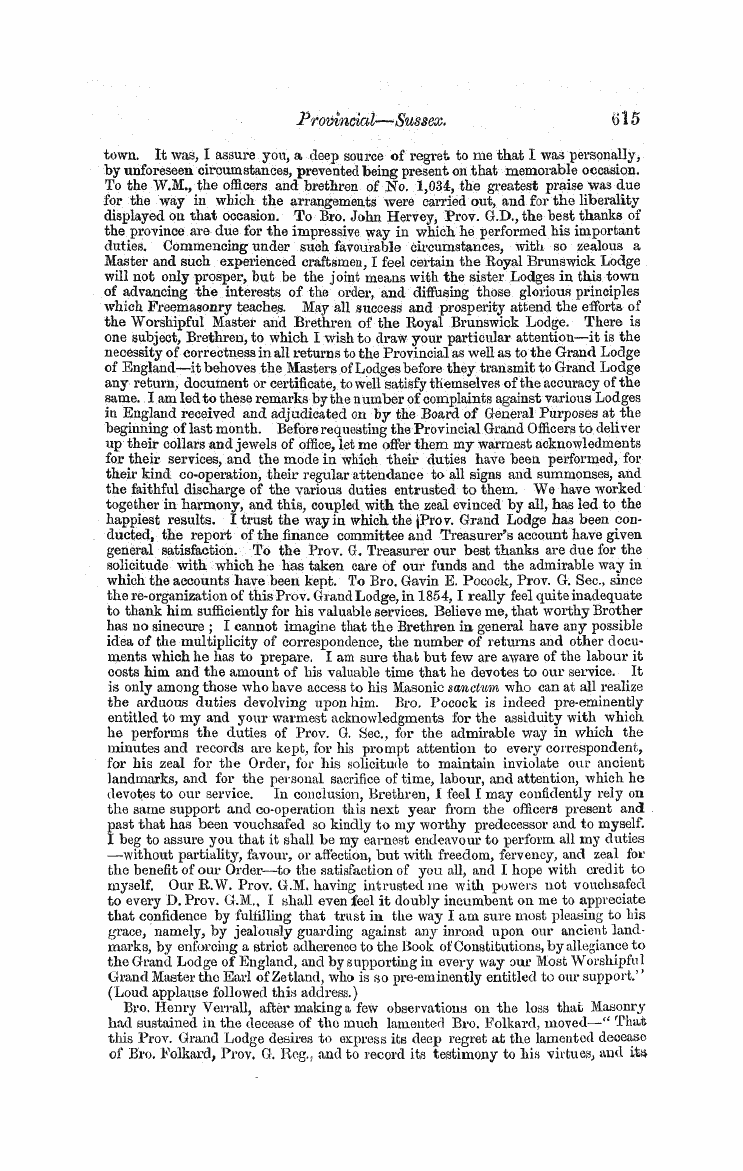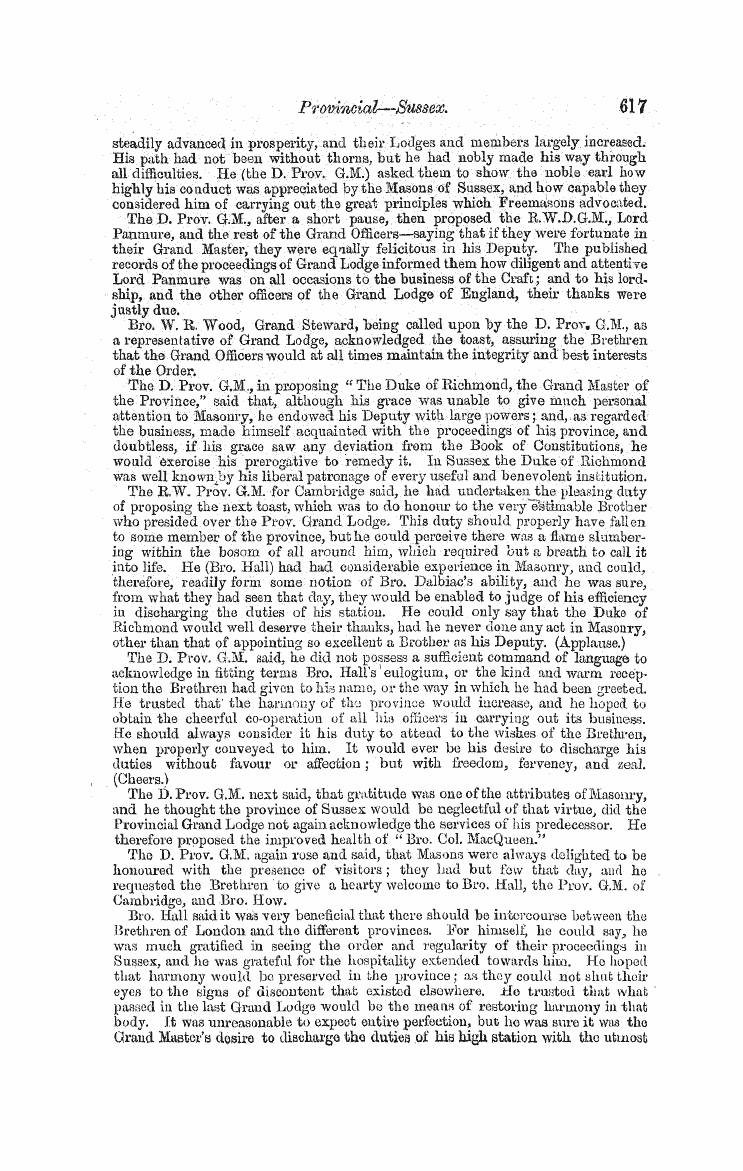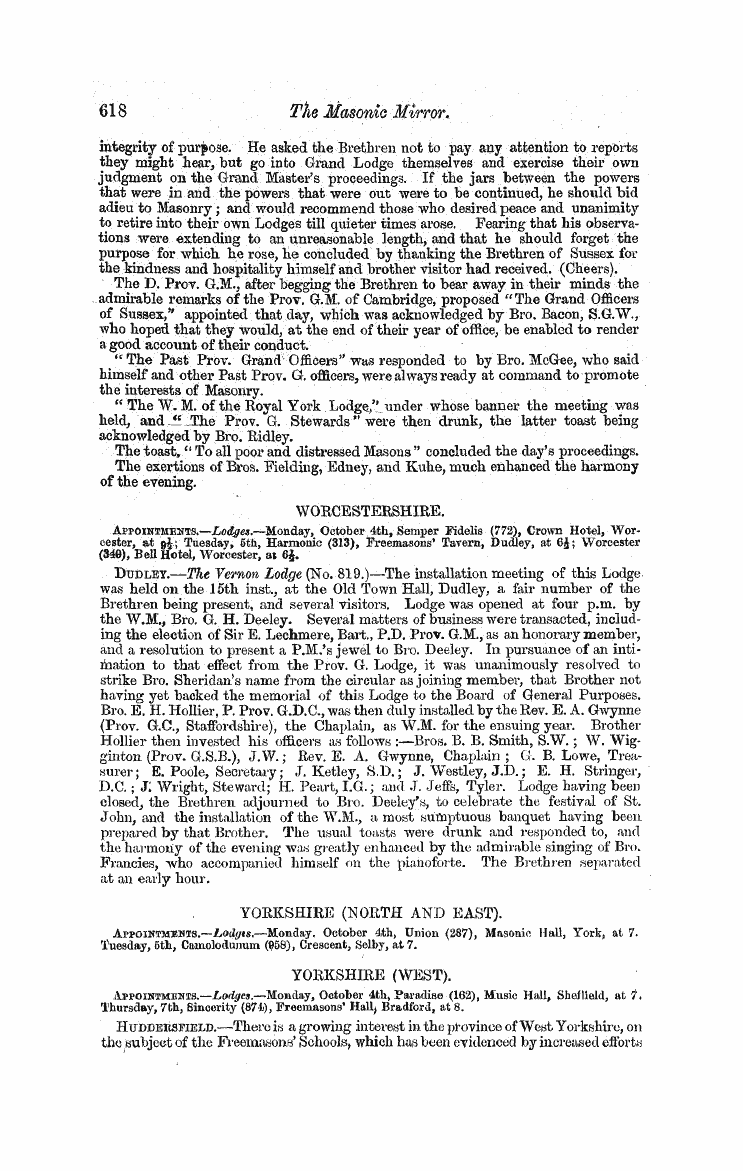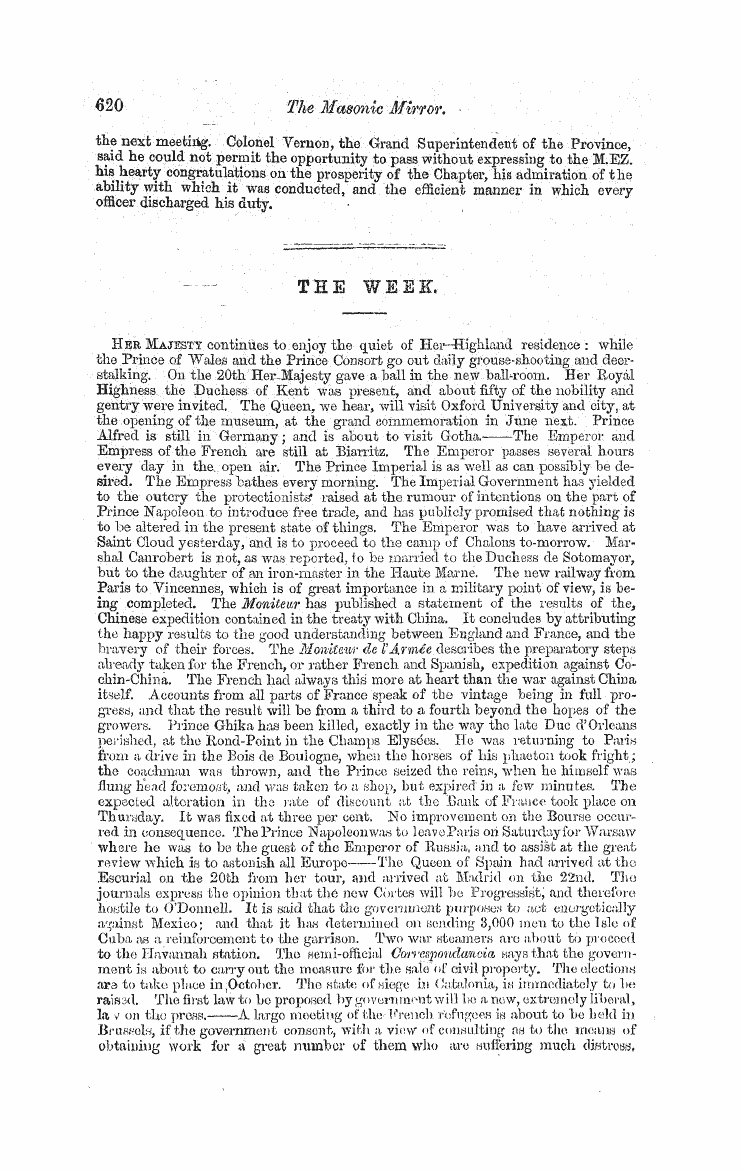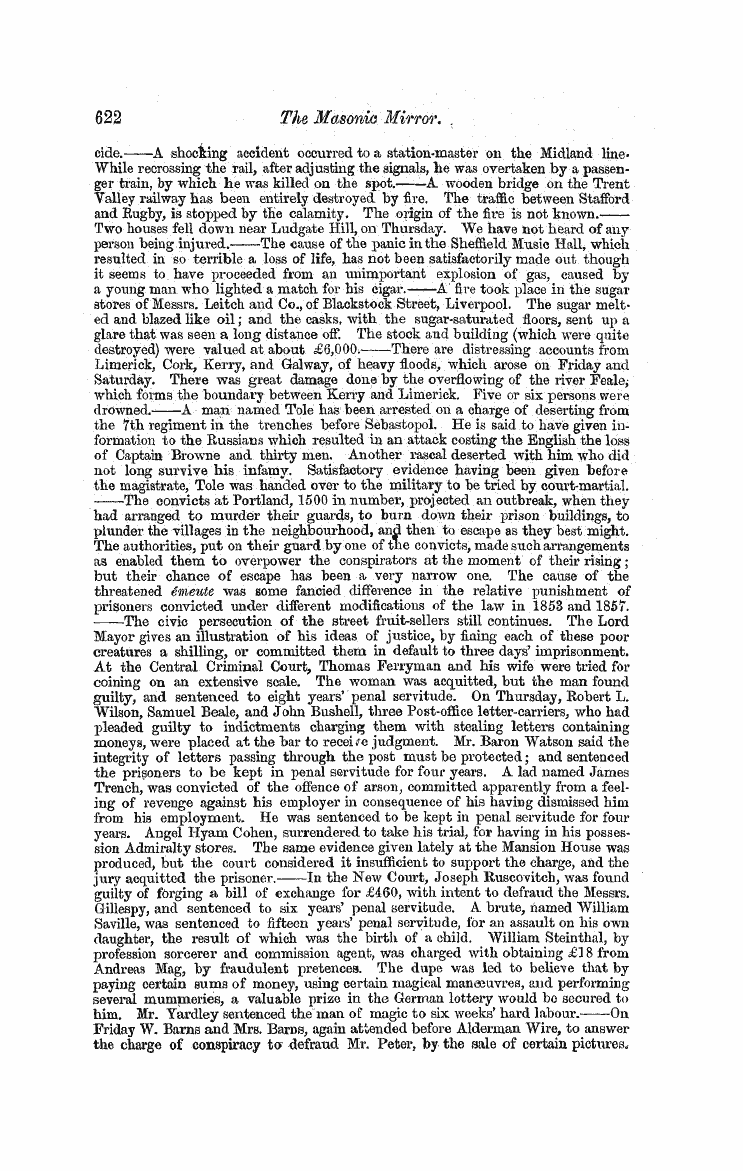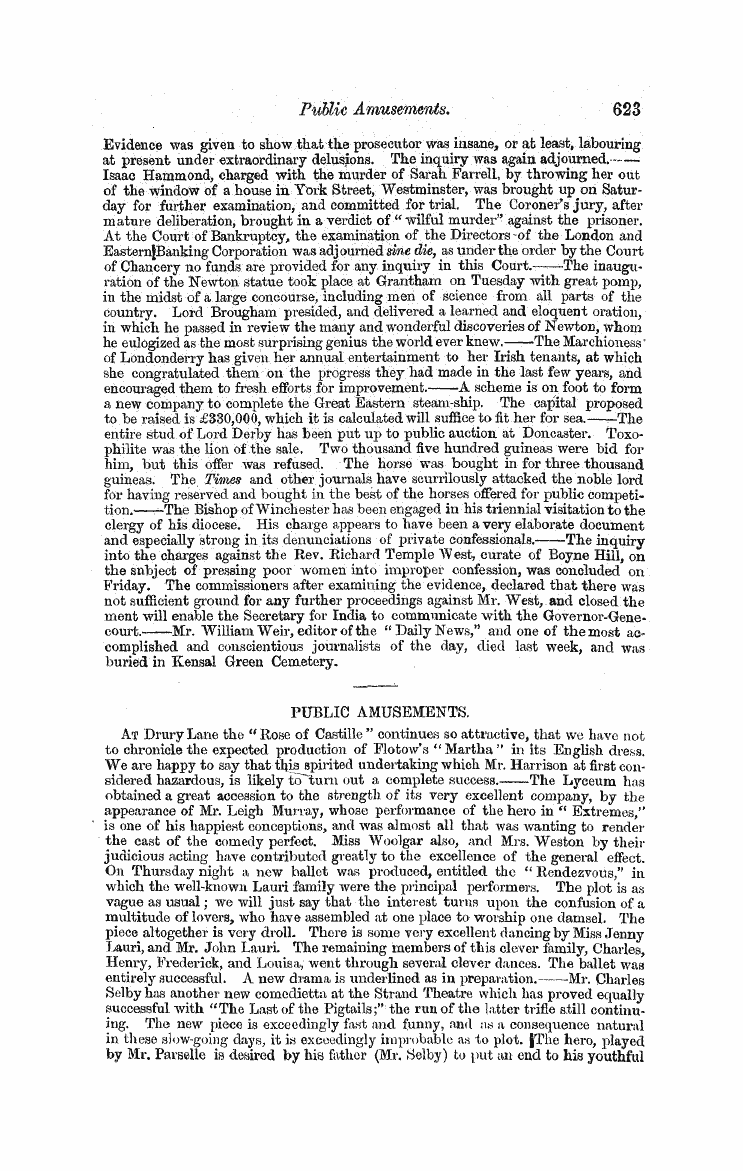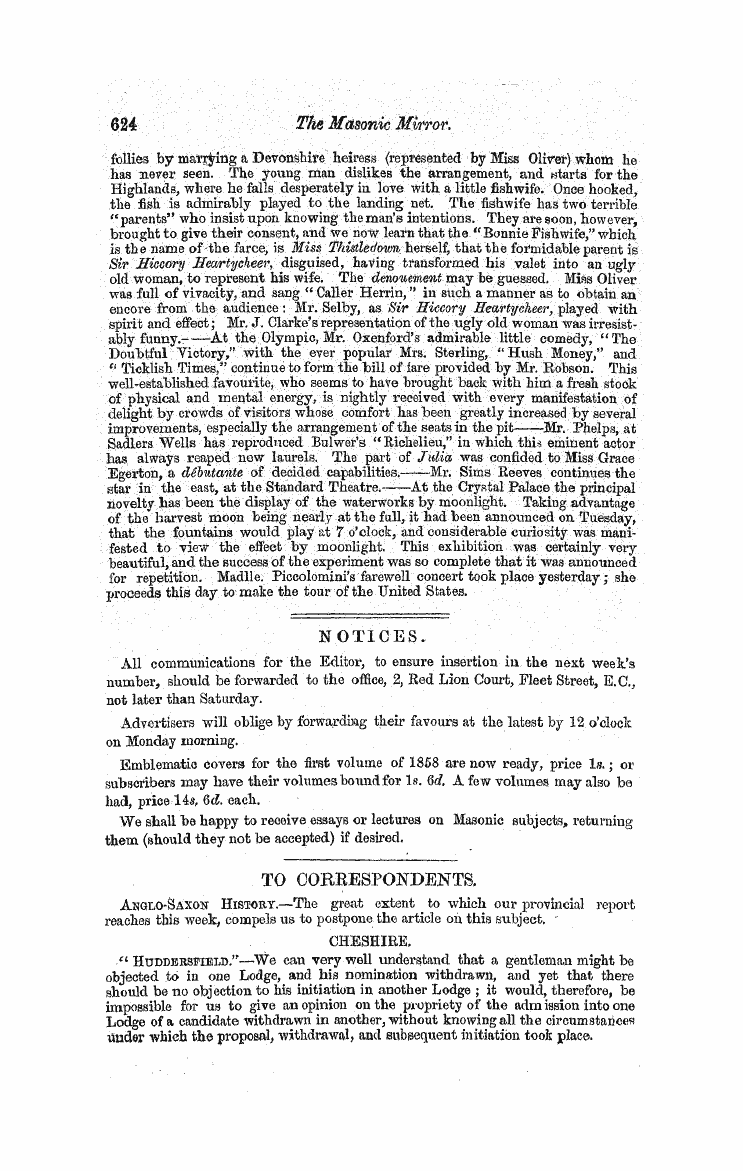Note: This text has been automatically extracted via Optical Character Recognition (OCR) software.
The Anc^
Here again he adheres closely to the doctrines of the mysteries , which forbade suicide , and taught that it was criminal ; as Plato says in bis Bhwdo—44 That which is said in the mysteries concerning these matters , of mail ' s being placed in a certain watch or station which it is unlawful to fly from or forsake , is a prof bund doctrine , and not ¦ easily fathomed . "
Then follows "the account ofthe meeting between / Eneas and two persons whom he had known in life , Dido the queen of Carthage , and Beiphobus son of Priam king of Troy . iEneas having passed this first division , conies now upon the confines of Tartarus , and is instructed in what relates to the crimes and punishment of the inhabitants . And here his conductress more
openly declares her office of hierophant , or interpreter of the mysteries ; and says : — * 44 Bus inclyte Teucriim , Nulli fas casto sceleratum insistere limen :
Sed me ciim hicis Hecate prsefecit Avernis , Ipsa deum pcenas doctiit , perque omnia duxit . " * iEneas , it will be observed , is led through the region of the first division , and afterwards of the third ; but he only sees the si g hts of the second , or Tartarus , from the entrance j and this , for obvious reasons , could not be otherwise in the spectacles of the mysteries . The chief occupants of this region were , as Virgil tells us , such as had escaped punishment during their life time ; the despisers of the
gods and of religion ; the infringers of the duties of imperfect obligation , which civil laws cannot reach ; the traitorous and adulterous ; and the invaders and violators of the sacred mysteries . These last are clearly pointed to in the person of Theseus ( 1 . 617-6 20 ) : — u . . . Sedet aeterniimque sedebit Infelix Theseus ; Phlegyasque miserrinius , omnes Admonet , et magna testatur voce per umbras Discite justitiam moniti , et non tenmere divos . ' "f
The fable is that Theseus king of Athens , ancl PirithoLis son of Ixion and king of the Lapithie , who were close friends , agreed to descend into the infernal regions to carry off Proserpine as a wife for the latter ; but Pluto , apprised of their intention , bound Theseus prisoner to a huge stone on which he had seated himself to rest , and fastened Piritholis to his father Ixion ' s wheel : or , as another
found death by their own hands , and hating the light , threw away their lives . How gladly would they nov ^ endure poverty and hardship in the upper air ! *' * " Renowned leader of the Trojans , no holy person is allowed to tread he threshold of wickedness : but Hecate , when she placed me over the groves of Avernus , herself taught me the punishments decreed by the gods , and led me through the whole . " t " There sits , and to all eternity shall sit , the unhappy Theseus , and Phlegyas most wretched , warns all , ancl with loud voice cries among the shades . ' Take warning from me , and learn justice , and reverence for the gods . '"
Note: This text has been automatically extracted via Optical Character Recognition (OCR) software.
The Anc^
Here again he adheres closely to the doctrines of the mysteries , which forbade suicide , and taught that it was criminal ; as Plato says in bis Bhwdo—44 That which is said in the mysteries concerning these matters , of mail ' s being placed in a certain watch or station which it is unlawful to fly from or forsake , is a prof bund doctrine , and not ¦ easily fathomed . "
Then follows "the account ofthe meeting between / Eneas and two persons whom he had known in life , Dido the queen of Carthage , and Beiphobus son of Priam king of Troy . iEneas having passed this first division , conies now upon the confines of Tartarus , and is instructed in what relates to the crimes and punishment of the inhabitants . And here his conductress more
openly declares her office of hierophant , or interpreter of the mysteries ; and says : — * 44 Bus inclyte Teucriim , Nulli fas casto sceleratum insistere limen :
Sed me ciim hicis Hecate prsefecit Avernis , Ipsa deum pcenas doctiit , perque omnia duxit . " * iEneas , it will be observed , is led through the region of the first division , and afterwards of the third ; but he only sees the si g hts of the second , or Tartarus , from the entrance j and this , for obvious reasons , could not be otherwise in the spectacles of the mysteries . The chief occupants of this region were , as Virgil tells us , such as had escaped punishment during their life time ; the despisers of the
gods and of religion ; the infringers of the duties of imperfect obligation , which civil laws cannot reach ; the traitorous and adulterous ; and the invaders and violators of the sacred mysteries . These last are clearly pointed to in the person of Theseus ( 1 . 617-6 20 ) : — u . . . Sedet aeterniimque sedebit Infelix Theseus ; Phlegyasque miserrinius , omnes Admonet , et magna testatur voce per umbras Discite justitiam moniti , et non tenmere divos . ' "f
The fable is that Theseus king of Athens , ancl PirithoLis son of Ixion and king of the Lapithie , who were close friends , agreed to descend into the infernal regions to carry off Proserpine as a wife for the latter ; but Pluto , apprised of their intention , bound Theseus prisoner to a huge stone on which he had seated himself to rest , and fastened Piritholis to his father Ixion ' s wheel : or , as another
found death by their own hands , and hating the light , threw away their lives . How gladly would they nov ^ endure poverty and hardship in the upper air ! *' * " Renowned leader of the Trojans , no holy person is allowed to tread he threshold of wickedness : but Hecate , when she placed me over the groves of Avernus , herself taught me the punishments decreed by the gods , and led me through the whole . " t " There sits , and to all eternity shall sit , the unhappy Theseus , and Phlegyas most wretched , warns all , ancl with loud voice cries among the shades . ' Take warning from me , and learn justice , and reverence for the gods . '"































































































































































































